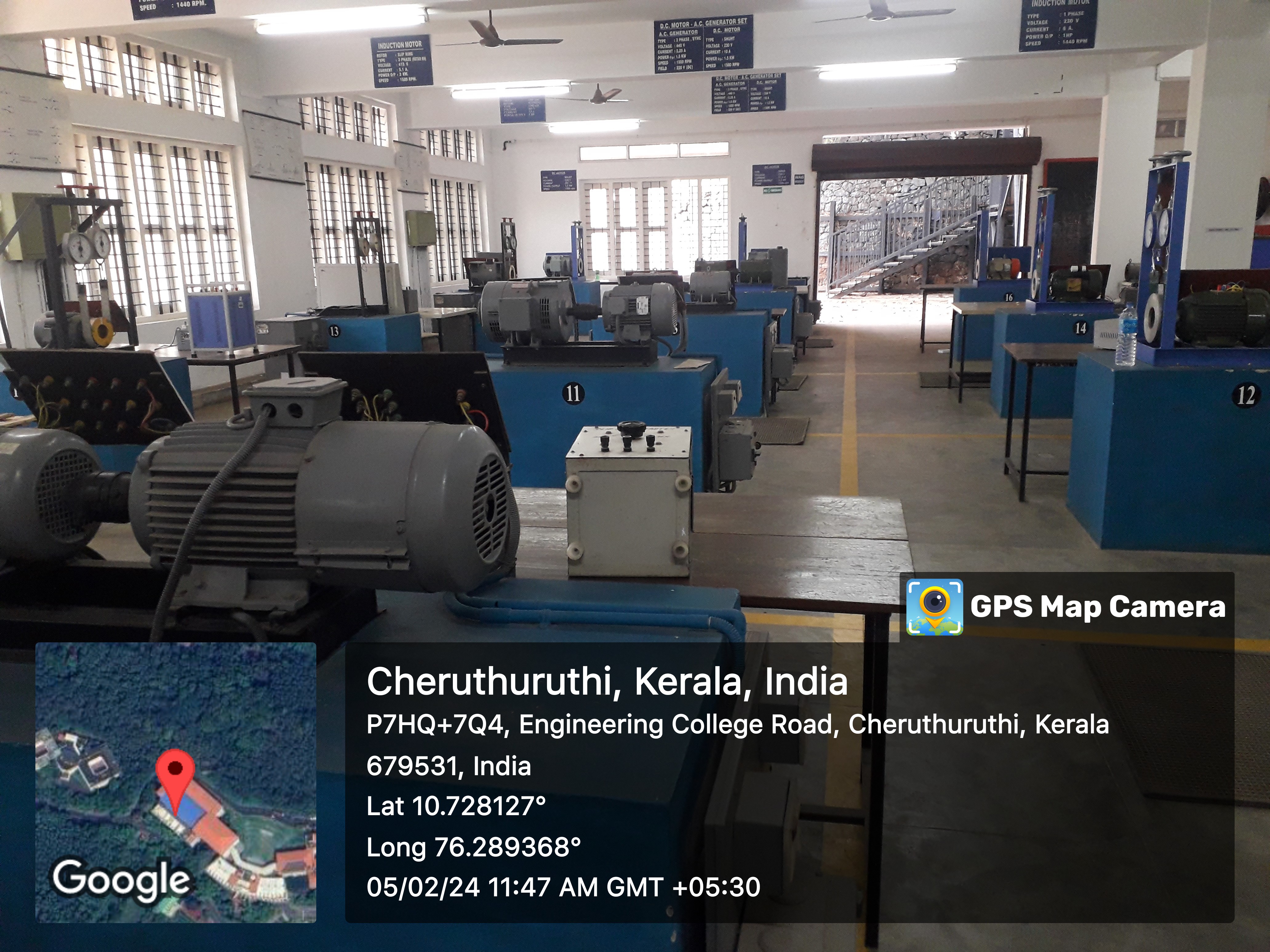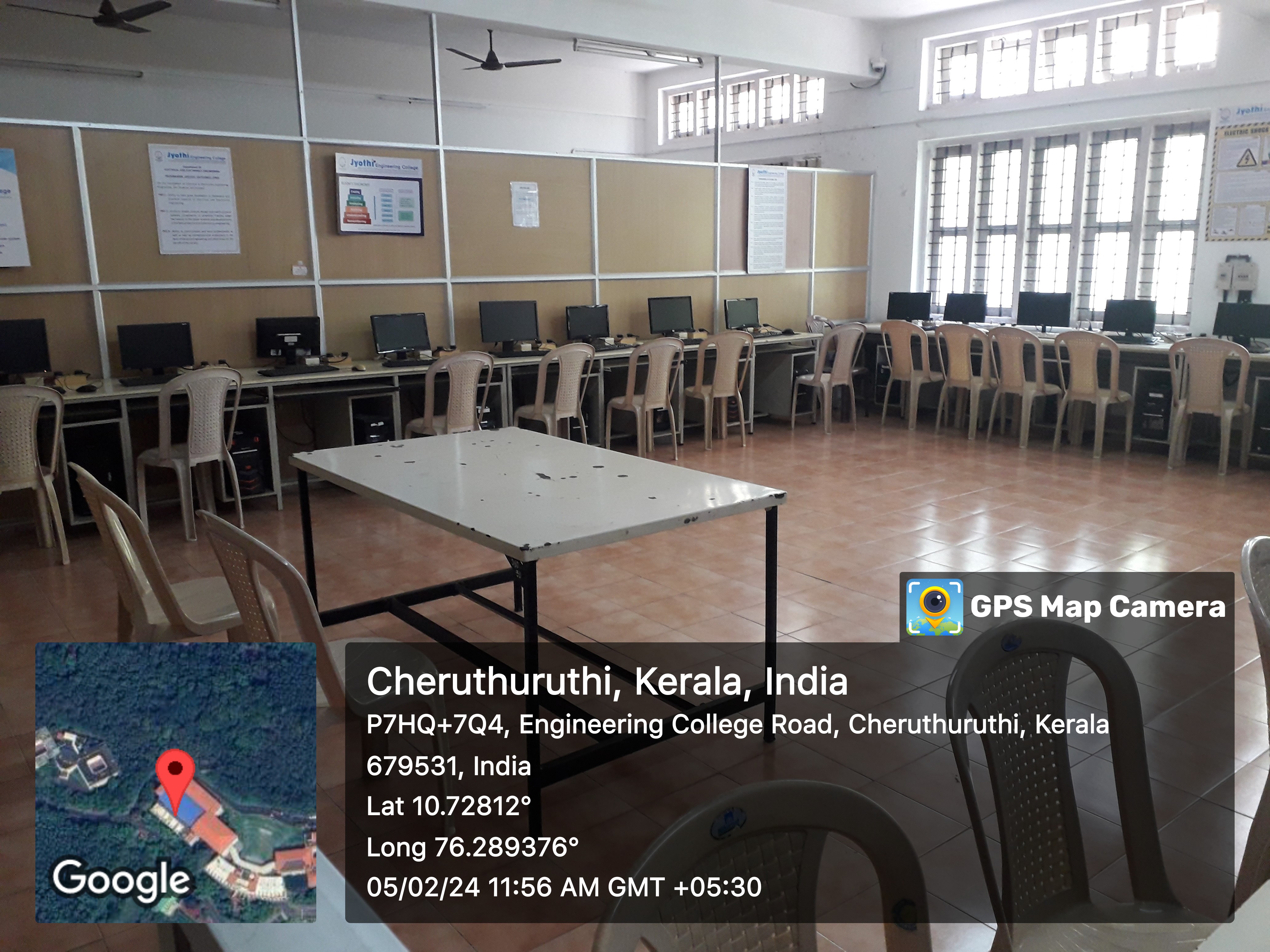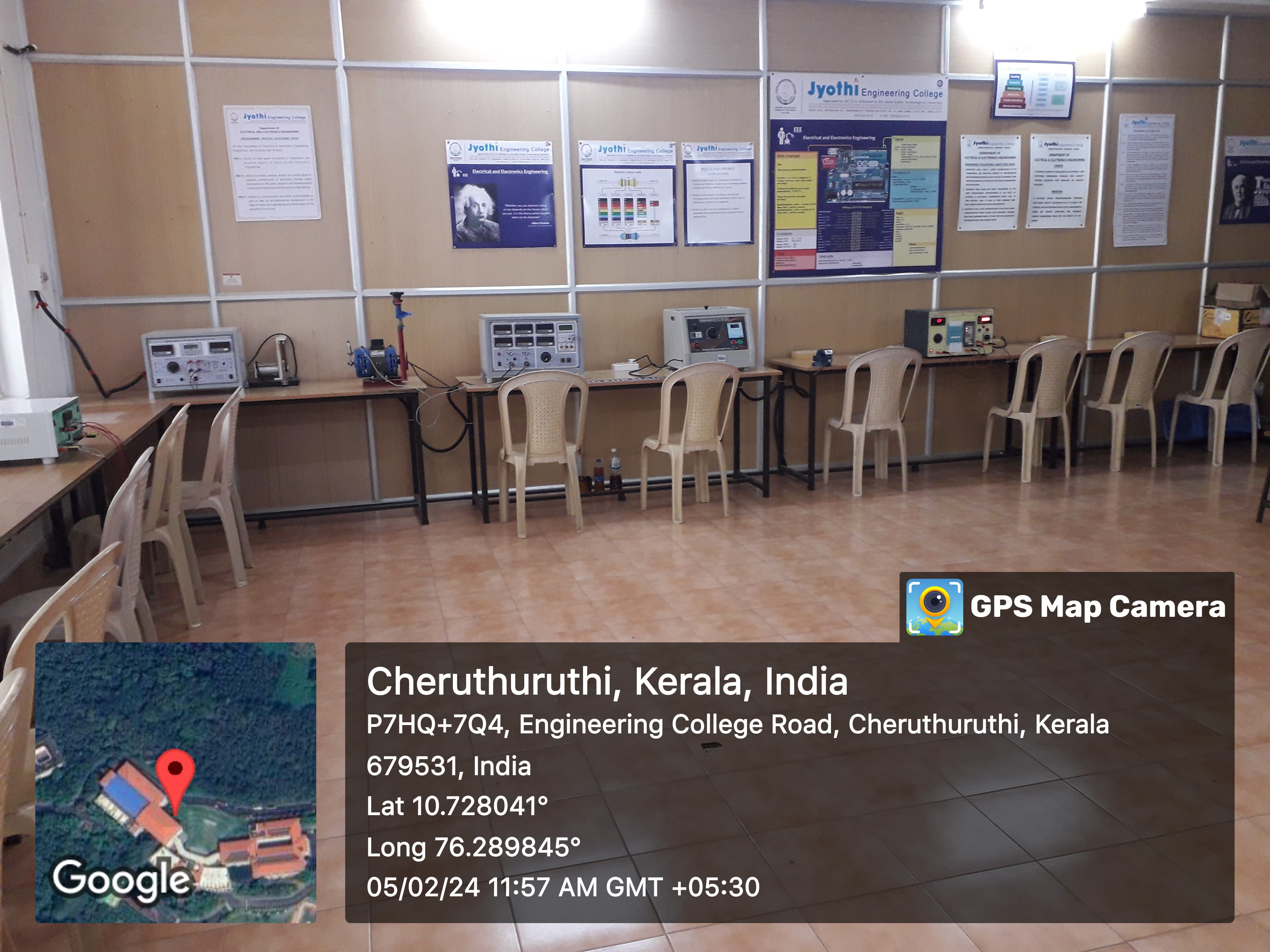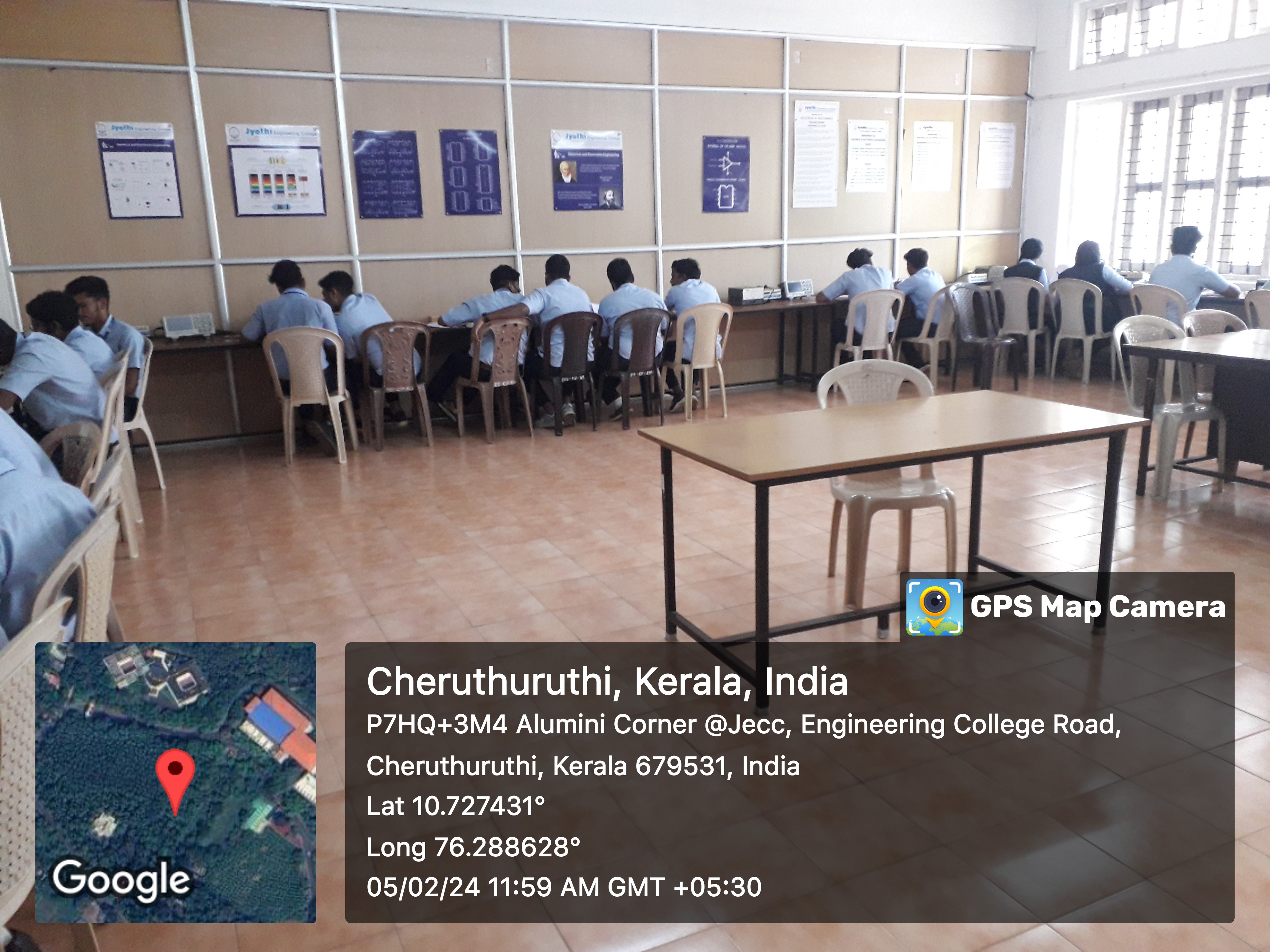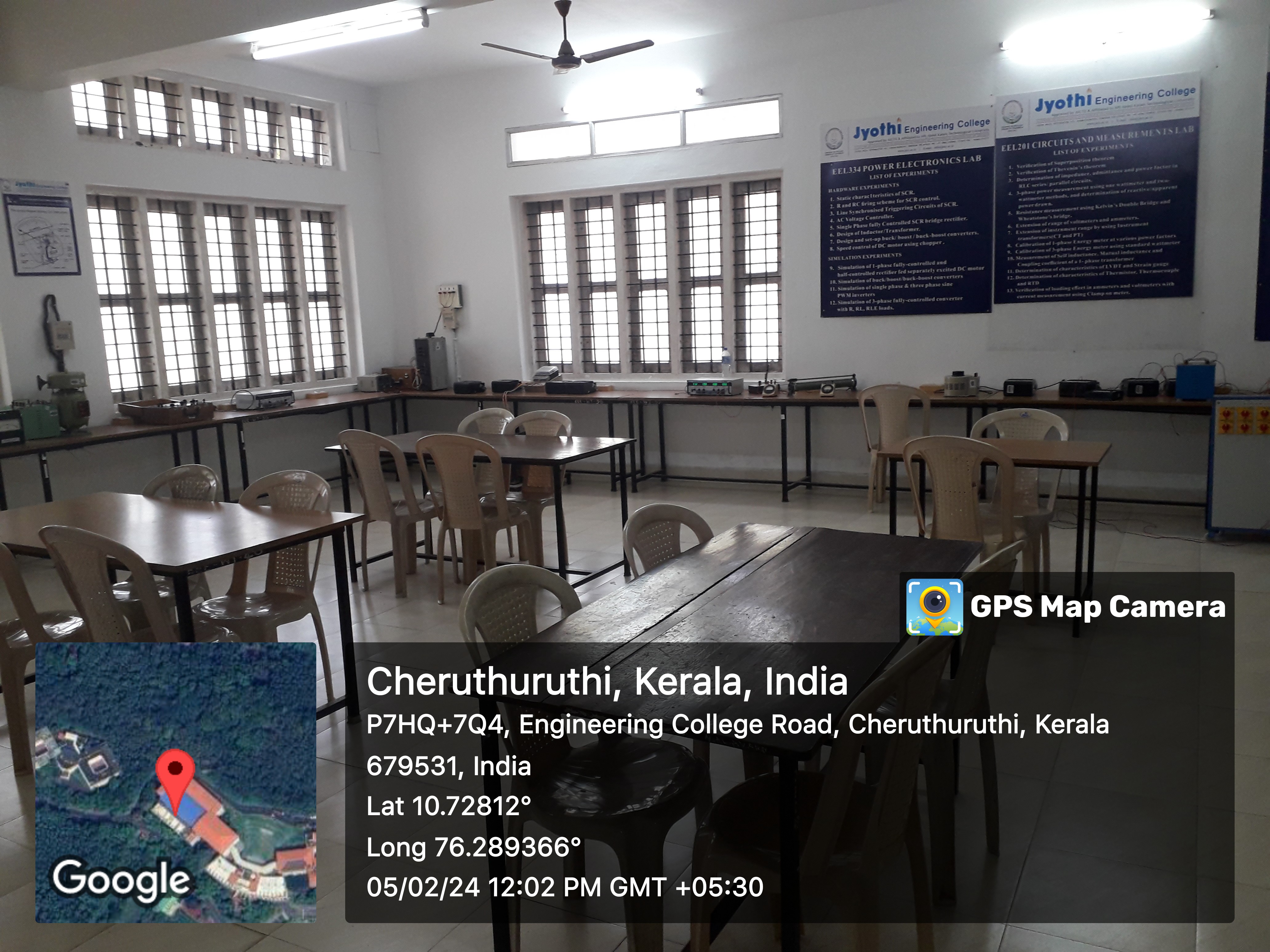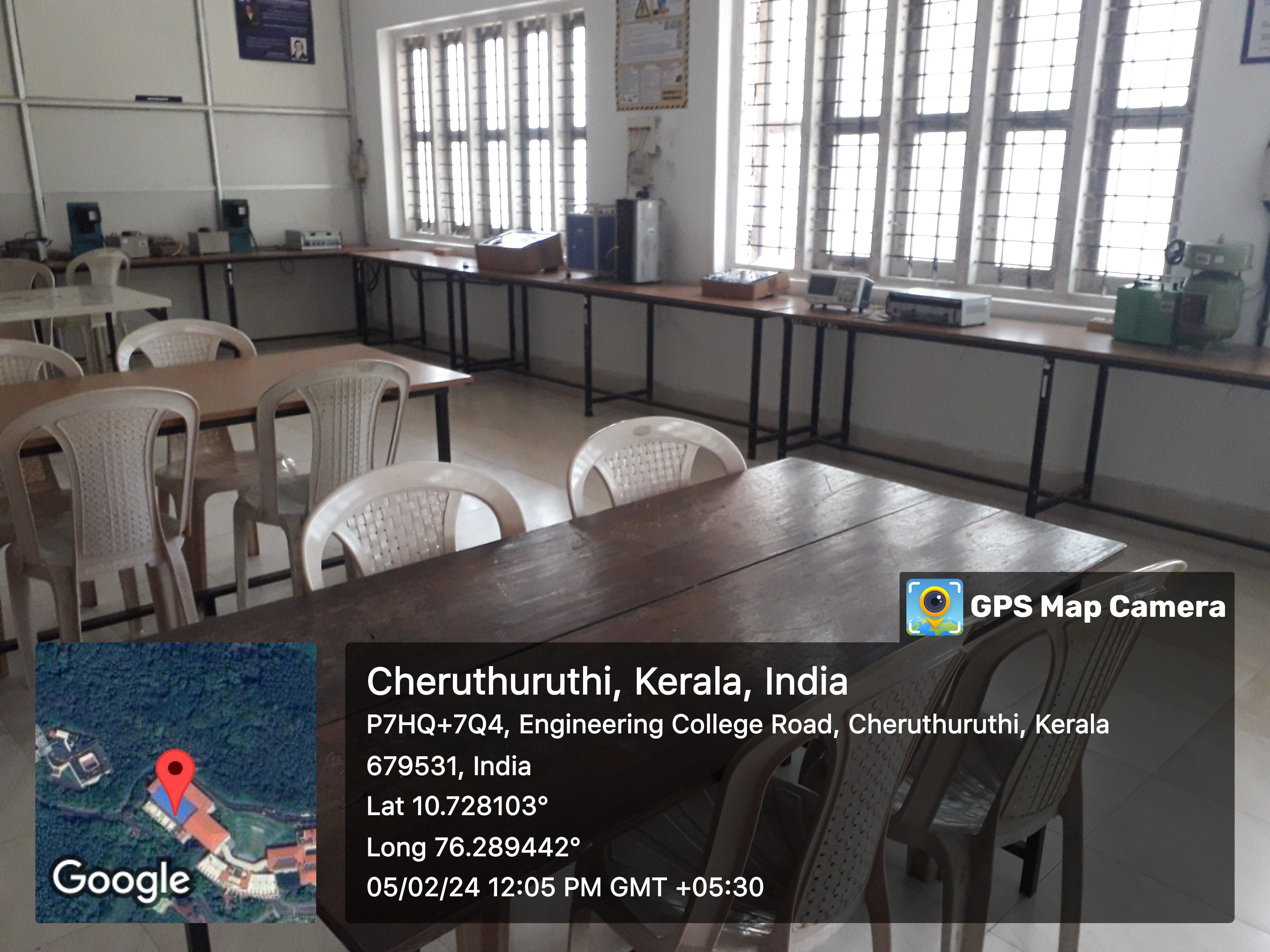Electrical Workshop
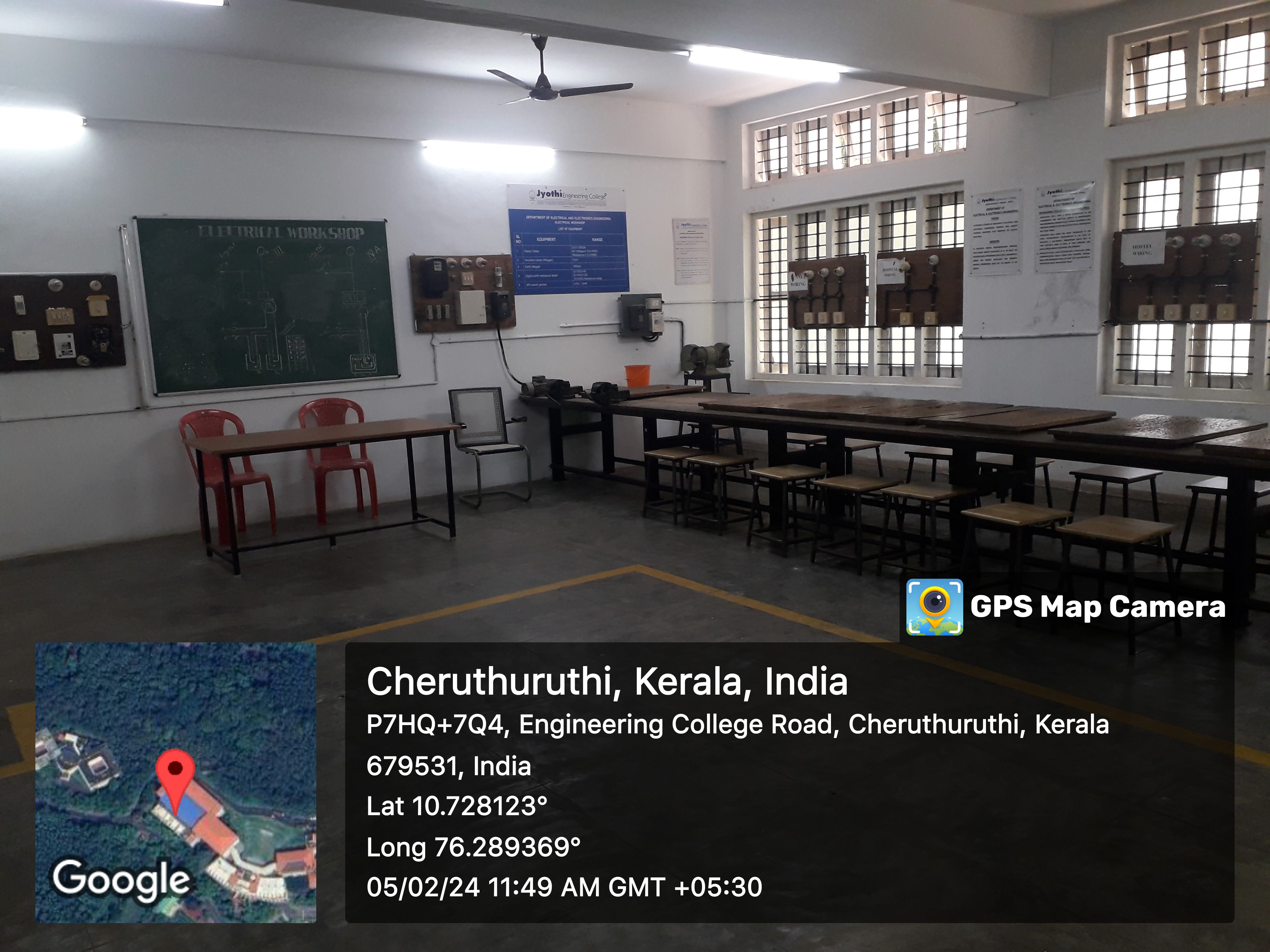
The Basic Electrical Workshop is typically designed to introduce students to fundamental concepts and practical aspects of electrical engineering. It imparts a hands-on learning environment for the students by providing a platform for all kinds of practical jobs like domestic wiring, fittings, and switchboard assembly. The experiments are designed to illustrate phenomena in different areas of the electrical system and to expose one to the uses of instruments. With this platform, the students will be able to comprehend basic electrical concepts like electricity, voltage, current, resistance, and power; analyze circuits using concepts like Ohm's law, Kirchhoff's laws, and basic circuit analysis techniques; identify and use basic electrical components likes as resistors, capacitors, inductors, and switches; practical exercises on wiring techniques, connections, safety precautions, and safety practices on electrical safety guidelines, handling equipment, and preventing electrical hazards. These workshops are typically aimed at providing a strong foundation in electrical engineering principles through practical application and experimentation, thereby preparing students for more advanced courses and real-world applications in electrical and electronic systems.
Faculty Incharge: Dr. Jarin T.
Lab Incharge: Fr. Jinson Jose
Room No: WAB 002
